ALSO BY PETER HANDKE
The Goalies Anxiety at the Penalty Kick
Short Letter, Long Farewell
A Sorrow Beyond Dreams
The Ride Across Lake Constance and Other Plays
A Moment of True Feeling
The Left-Handed Woman
The Weight of the World
Slow Homecoming
Across
Repetition
The Afternoon of a Writer
Absence
Kaspar and Other Plays
The Jukebox and Other Essays on Storytelling
Once Again for Thucydides
My Year in the No-Mans-Bay
On a Dark Night I Left My Silent House
Crossing the Sierra de Gredos
Don Juan
Don Juan
 HIS OWN VERSION
HIS OWN VERSION 
PETER HANDKE
TRANSLATED FROM THE GERMAN
BY KRISHNA WINSTON
FARRAR, STRAUS AND GIROUX
NEW YORK
Farrar, Straus and Giroux
18 West 18th Street, New York 10011
Copyright 2004 by Suhrkamp Verlag Frankfurt am Main Translation copyright 2010 by Krishna Winston
All rights reserved
Distributed in Canada by D&M Publishers, Inc.
Printed in the United States of America
Originally published in German in 2004 by Suhrkamp Verlag, Germany
Published in the United States by Farrar, Straus and Giroux
First American edition, 2010
Library of Congress Cataloging-in-Publication Data
Handke, Peter.
[Don Juan. English]
Don Juan : his own version / Peter Handke ; translated from the German by Krishna Winston.1st American ed.
p. cm.
ISBN 978-0-374-14231-5 (hardcover)
1. CooksFranceFiction. 2. Don Juan (Legendary character)Fiction. I. Winston, Krishna. II. Title.
PT2668.A5D6613 2010
833'.914dc22
2009029526
Designed by Jonathan D. Lippincott
www.fsgbooks.com
1 3 5 7 9 10 8 6 4 2
Chi son io tu non saprai.
(Who I am, you shall not discover.)
Da Ponte/Mozart
Don Juan
D on Juan had always been looking for someone to listen to him. Then one fine day he found me. He told me his story, but in the third person rather than in the first. At least that is how I recall it now.
At the time in question, I was cooking only for myself, for the time being, in my country inn near the ruins of Port-Royal-des-Champs, which in the seventeenth century was Frances most famous cloister, as well as its most infamous. There were a couple of guest rooms that I was using just then as part of my private quarters. I spent the entire winter and the early spring living in this fashion, preparing meals for myself and taking care of the house and grounds, but mainly reading, and now and then looking out one little old window or another in my inn, formerly a gatekeepers lodge belonging to Port-Royal-in-the-Fields.
I had already lived for a long time without neighbors. And that was not my fault. I liked nothing better than having neighbors, and being a neighbor. But the concept of neighborliness had failed, or had it gone out of style? In my case, though, the failure could be attributed to the game of supply and demand. What I could supply, as an innkeeper and chef, was no longer demanded. I had failed as a businessman. Yet I still believe as much as ever in the ability of commerce to bring people together, believe in it as in little else; believe in the invigorating social game of selling and buying.
In May I pretty much gave up gardening in favor of simply watching how the vegetables I had planted or sown either thrived or withered. I used the same approach with the fruit trees I had planted a decade earlier, when I took over the gatekeepers lodge and turned it into an inn. I made the rounds again and again, from morning to night, through the grounds, which were situated in the valley carved by a stream into the plateau of the le-de-France. Holding a book in my hand, I checked on the apple, pear, and nut trees, but without otherwise lifting a finger. And during those weeks in early spring I continued steaming and stewing for myself, mostly out of habit. The neglected garden seemed to be recovering. Something new and fruitful was in the making.
Even my reading meant less and less to me. On the morning of that day when Don Juan turned up, on the run, I decided to give books a rest. Although I was in the middle of reading two seminal works, seminal not only for French literature and not only for the seventeenth centuryJean Racines defense of the nuns of Port-Royal and Blaise Pascals attack on the nuns Jesuit detractorsI concluded from one minute to the next that I had read enough, at least for now. Read enough? My thought that morning was even more radical: Enough of reading! Yet I had been a reader all my life. A chef and a reader. What a chef. What a reader. I also realized why the crows had been cawing so ferociously of late: they were enraged at the state of the world. Or at mine?
Don Juans coming on that May afternoon took the place of reading for me. It was more than a mere substitute. The very fact that it was Don Juan, instead of all those devilishly clever Jesuit padres from the seventeenth century, and also instead of a Lucien Leuwen and Raskolnikov, let us say, or a Mynheer Peeperkorn, a Seor Buenda, an Inspector Maigret, came as a breath of fresh air. At the same time, Don Juans arrival literally offered me the sense of a widening of my inner horizons, of bursting boundaries, that I usually experienced only from reading, from excited (and exciting), blissful reading. It could just as well have been Gawain, Lancelot, or Feirefiz, Parzivals piebald half brotherno, not him, after all! Or perhaps even Prince Myshkin. But it was Don Juan who came. And he was actually not altogether unlike those medieval heroes or vagabonds.
Did he come? Did he appear? It would be more accurate to say that he hurtled or somersaulted into my garden, over the wall, which was an extension of the inns faade along the street. It was a truly beautiful day. After the kind of overcast morning so common in the le-de-France, the sky had cleared, and now seemed to continue clearing, and clearing, and clearing. Yes, the afternoon stillness was deceiving, as always. But for the moment it predominated, and cast its spell. Long before Don Juan hove into sight, his panting could be heard. As a child in the country I had once witnessed a farm boy, or whatever he was, running from the constables. He raced past me on a path leading uphill, and at first nothing could be heard of his pursuers but their shouts of Halt! To this day I can see that boys face, flushed and puffy, and his body, which looks shrunken, his pumping arms seeming all the longer. But what has stayed with me even more vividly is the sound he was making. It was both more than panting and less. It was also more than whistling and less that burst out of both of his lungs. Besides, it was really not a question of lungs. The sound I have in my ear breaks or explodes out of the entire person, and not from his insides but from his surface, his exterior, from every single patch of skin or pore. And it does not come from the boy alone but from several, a large number, a multitude, and that includes not just his pursuers, bellowing as they gain on him, but also natures silent objects all around. This whirring and vibrating, no matter how unmistakably the hunted boy had reached the end of his strength, has stayed with me, representing an overwhelming power, an elemental force of sorts.
I had hardly heard Don Juans breathing, far off on the horizon and at the same time very close, when I promptly had the runaway before me. The long-ago bellowing of the constables was replaced by the roar of a motorcycle. As the rider gave gas, the engines howl rose rhythmically, and it seemed to be coming ever closer to the garden, bucking over everything in its path, unlike the breathing, which had immediately filled the garden and continued to fill it.


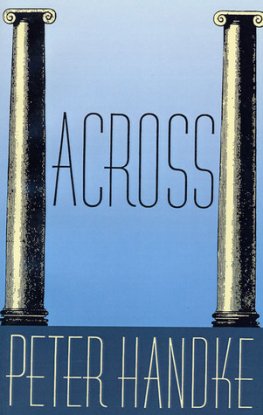
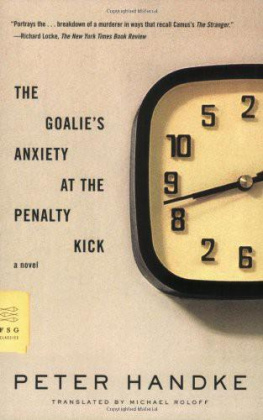
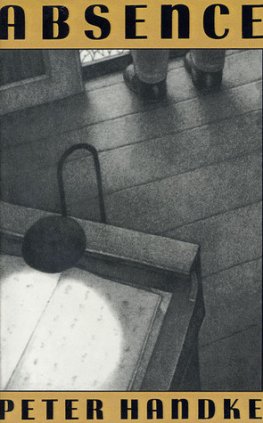
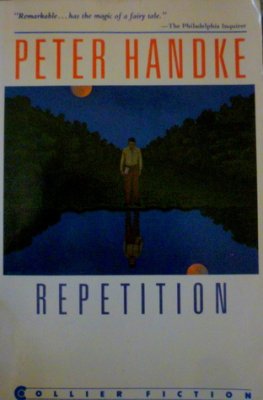
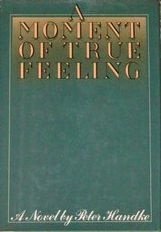
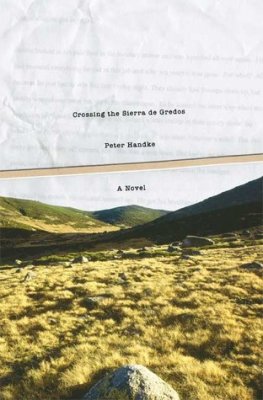
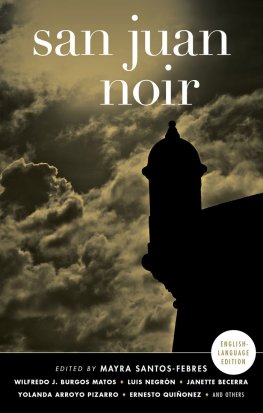
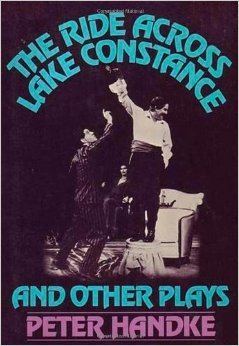
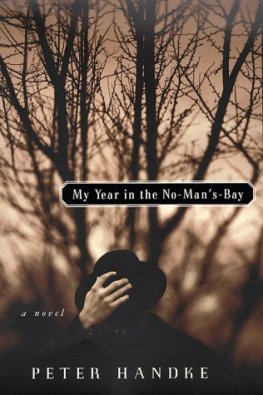
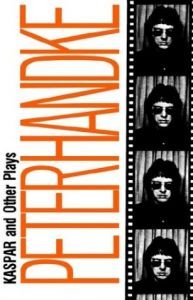
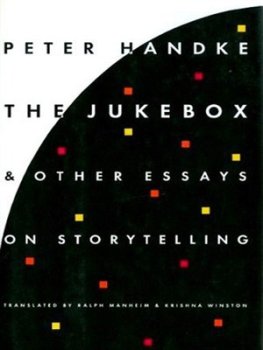
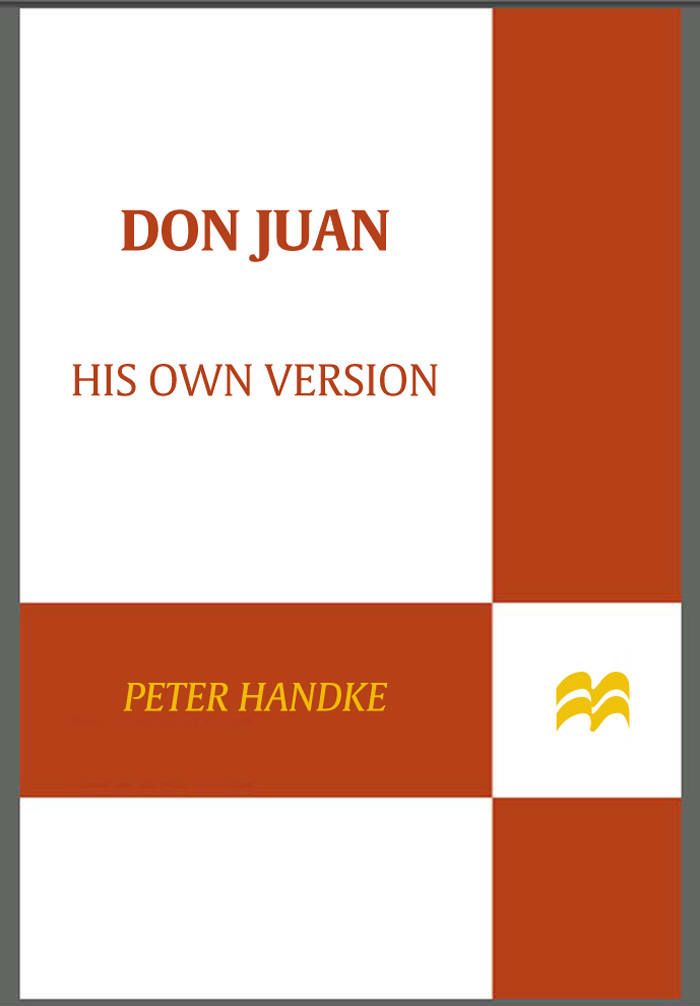
 HIS OWN VERSION
HIS OWN VERSION 